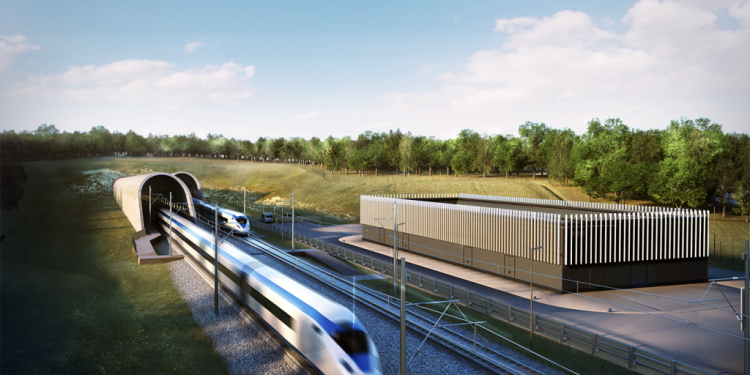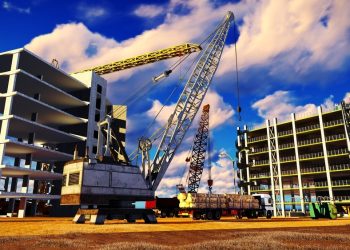The HS2 project is one of the biggest talking points in the UK right now when it comes to transport. There are many who say that HS2 is going to be an incredibly impactful and beneficial addition to UK infrastructure, while others believe that it’s coming too little too late and that the project to install the line has done more harm than good.
We thought we’d take a step back and look at HS2 in as much of a neutral light as we possibly can. HS2 will undoubtedly have some benefits for the country, but there are also drawbacks to consider. Here’s our look at what HS2 will bring to the country and what its architects will have to contend with when the project is finally completed.
Pro: HS2 should help to relieve traffic
Right now, the UK’s train system is in dire need of an overhaul. Many say that UK trains are far too expensive given the distances they travel, and that the train timetables are so unreliable as to render them an unsatisfactory alternative to simply driving to one’s destination.
In theory, HS2 will remedy that. A higher-speed railway line will give more people an attractive alternative to, say, driving from Birmingham to London, thus enabling them to bypass gridlocked, congested roads and travel in comfort. Drivers will also benefit from this change, because they’ll have access to cleaner, clearer roads on which to drive.
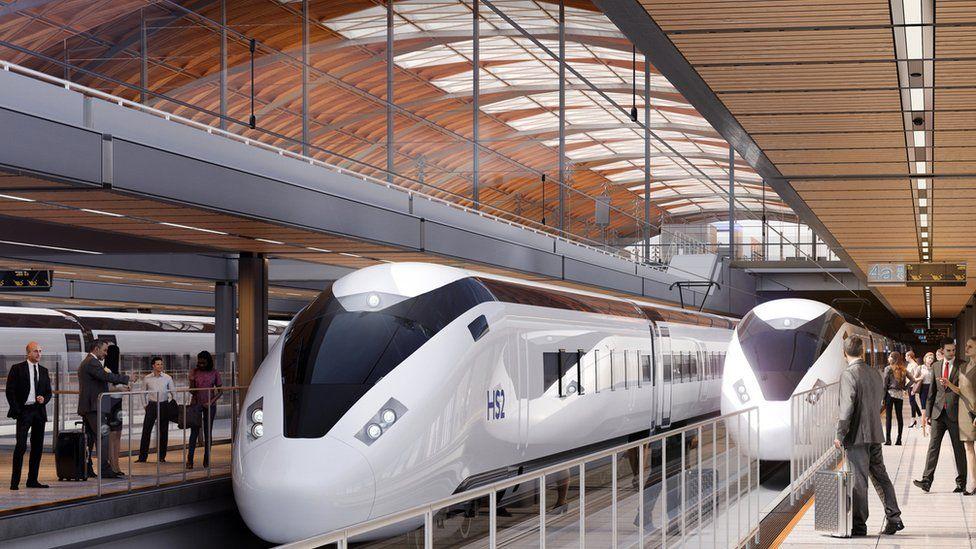
Con: it may be too little, too late
One of HS2’s stated aims was to reduce commute times between major cities, but the fact is that since the 2020 COVID-19 pandemic, many workers have elected to remain home rather than travelling into a central office location. This could be a serious blow to the usefulness of the HS2 project.
Think about it: if workers are staying at home and completing their work remotely, then there’s really no reason for them to commute between cities. Of course, HS2 will still serve many people who need it, but as more people elect to work from home, the “transformative” nature of HS2 is called into question.
Pro: more jobs
The HS2 project will, in theory, provide more job opportunities for those involved in both construction and day-to-day operation. Right now, HS2 is in need of skilled workers to physically build its infrastructure and ensure a conducive environment for the new rail system, and afterwards, more workers will be needed.
These jobs extend far beyond actually driving the trains (although this will, of course, be a crucial element of HS2 as well). Workers will be needed to oversee the trains’ operation, act as ticket conductors, and maintain lines after they’ve been built. This should lead to many new jobs for workers, which is beneficial in an economy under siege from AI.
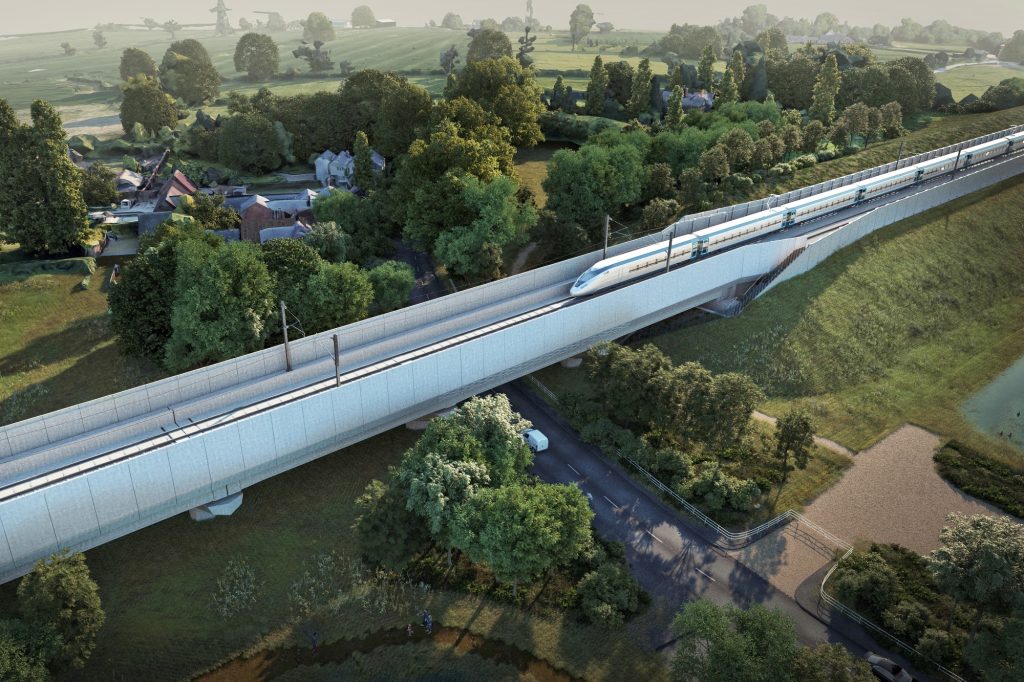
Con: it could take a while
The Birmingham to London leg of HS2, which is the first journey that will be publicly available on the train system, isn’t expected to open until sometime between 2029 and 2033. Frankly, that’s a long time to wait for a system that will arguably be somewhat obsolete by the time it launches.
At the point that HS2 finally begins operation, other systems could well have supplanted it, which is one of the factors that has led many to oppose the construction of the railway network. That first leg doesn’t even represent the full extent of HS2’s network, either; the full network’s target year is somewhere between 2040 and 2045.
Pro: it could lead to lower carbon emissions
According to the official HS2 website, HS2 “will be powered by zero carbon energy” right from the get-go. The intention is to make the network the “most sustainable high-speed rail network in the world”, thus enabling passengers to travel with zero guilt regarding the impact their journey is having on the environment.
The project claims that it can achieve a carbon emission value of 8g per passenger, as compared to 67g for cars and 170g for aeroplanes. If this number can indeed be achieved, then this would be an impressive result, and HS2 would, in theory, go a long way towards offsetting the UK’s considerable carbon emissions and achieving net zero.
Con: we don’t know how much demand there is for it
Unfortunately, it’s very difficult to know exactly how much demand there is for HS2 right now. We simply don’t know who would ride the rail network once it was built, and whether the claims of drawing passengers away from carbon-emitting air travel and personal automobiles would actually come to fruition or whether passengers would largely be those who would already have travelled via train.
It’s also difficult to discern whether HS2 would be superior to simply expanding our existing rail networks or building longer routes that would take trains to more cities. In the end, although the appeal of a high-speed rail network seems obvious, the project has been going on for a while, and by the time it’s finished, the public’s appetite for HS2 may be less ravenous than the project’s overseers believe.
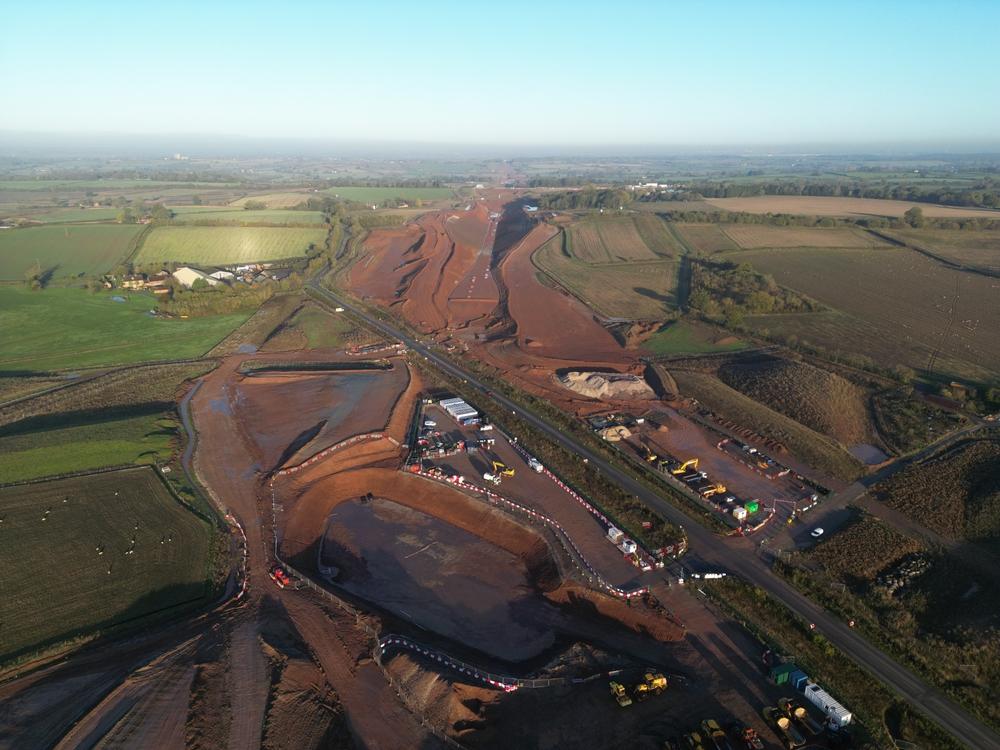
Conclusion
We can’t conclusively state whether HS2 will be a boon for the country or not; the project’s completion date is still a long way off yet, and it’s impossible to predict whether passengers will adopt HS2 en masse or whether they’ll stay away in droves. One thing is for sure, though: HS2 is here to stay, and with billions already sunk into the project, it’s not likely to be abandoned any time soon, no matter what its detractors think.

